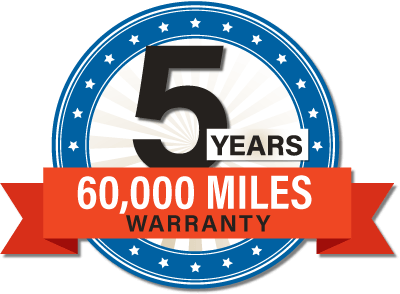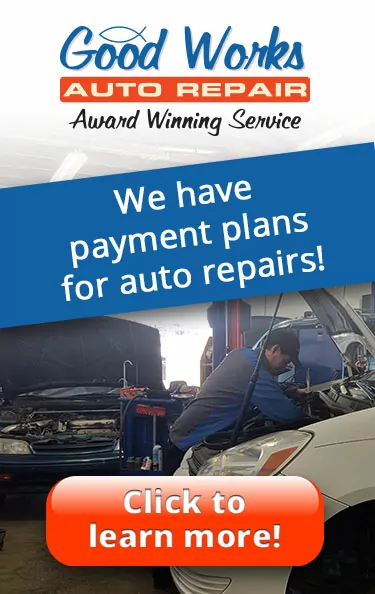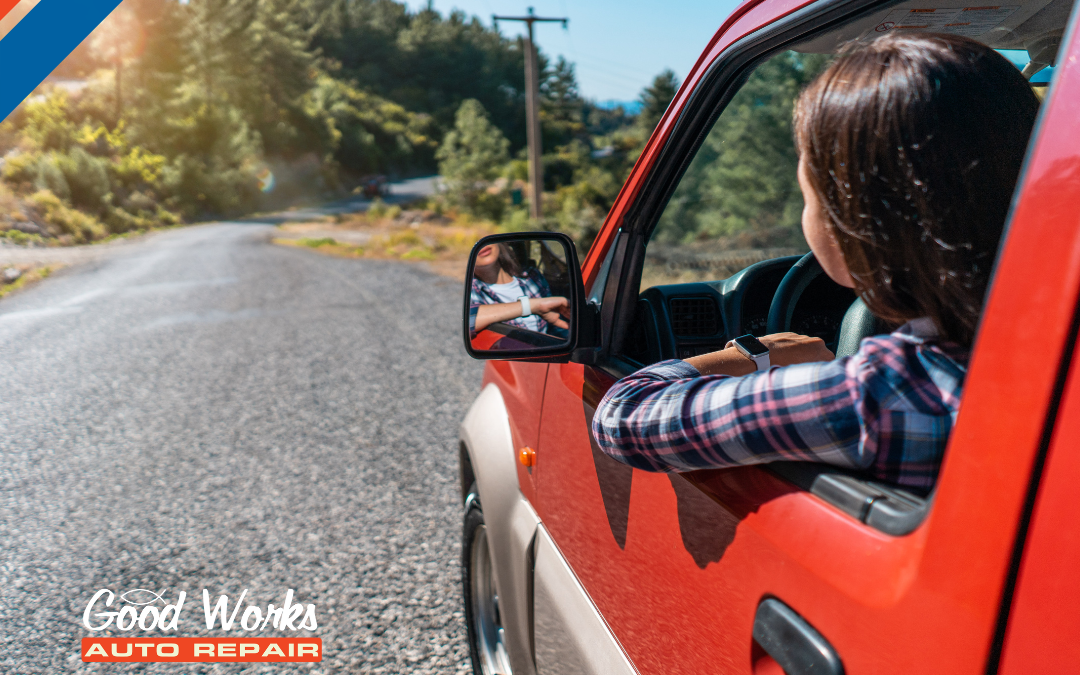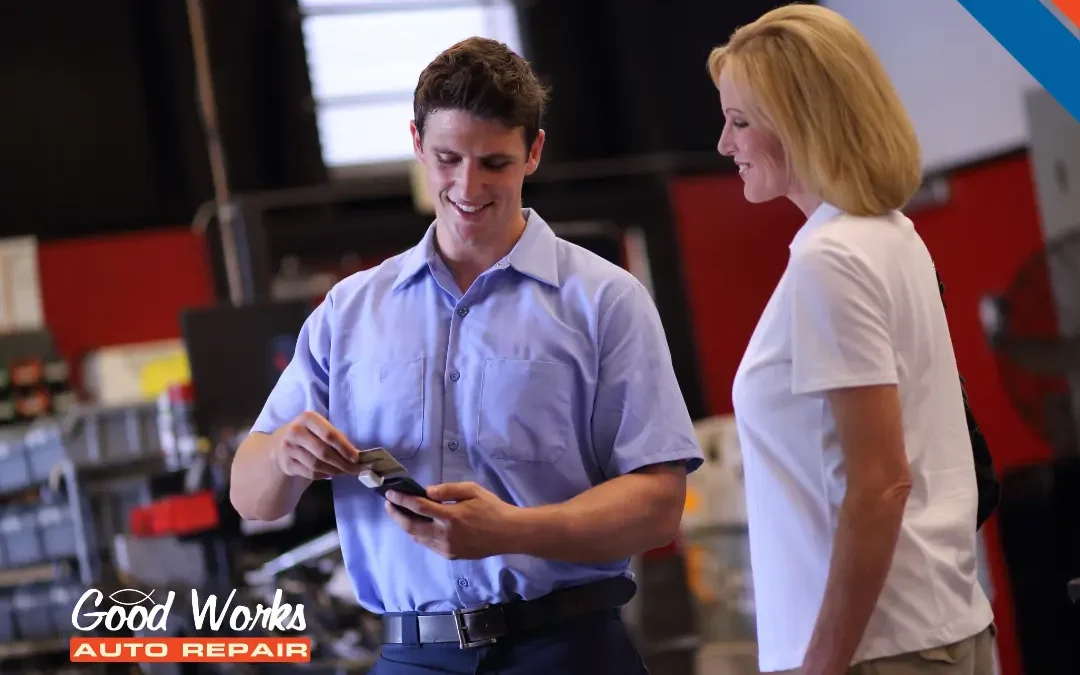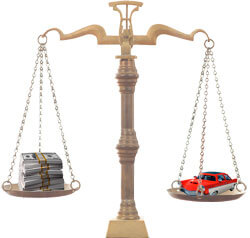
Obviously, nobody wants to continuously pour good money into a used vehicle if it keeps breaking down. And when the auto repairs are becoming more and more frequent, it just makes sense to wonder if you should buy another vehicle. But is a new vehicle the smartest decision? Does it make financial sense, or would you save more money in the long run to make the necessary repairs and maintain it.
There is no clear-cut answer here since this is a personal decision, and every situation is different. However, first start by thinking about what is best for your unique budget and your family, and realize that even with good preventative maintenance habits, your vehicle will likely need some repairs anyway. Rubber belts and hoses dry out and crack, metal on rotors warp or wear too thin and electrical parts stop working. Wear-and-tear items such as axle boots, belts and brake rotors will eventually need to be replaced. Some of these replacements don’t come cheap either and can end up costing anywhere between $600-$1,000.
You also need to consider the cost of buying a new vehicle. According to a recent article from Edmund’s, it is almost always less expensive to repair a car than buy a new one. Even with major expenses in the thousands for some repairs, you still have to consider what you would spend on a new vehicle; a down payment, monthly payments, insurance fees, registration and taxes, plus an average depreciation of 22% for the new car in the first year. You could buy used, but then you may run into the same auto repair concerns soon after. In 2014, the average person kept his car for about six years before trading it in, according to Edmunds data. If your car breaks down before then, it oftentimes makes more sense to to repair and maintain it, in order to save up some money and get more use out of it. On the other hand, new cars come with more peace of mind, warranties and more exciting standard features like backup cameras, blind-spot monitoring and so on.
If you have made the decision to repair your vehicle or you’re just looking for a trusted auto repair shop to provide preventative maintenance to help avoid major repairs, we are ready to serve you. From basic oil changes to major engine repairs, we can care for your vehicle and give you the advice you need and deserve. Give us a call and let’s talk about any concerns or decisions you need to make regarding your vehicle.

